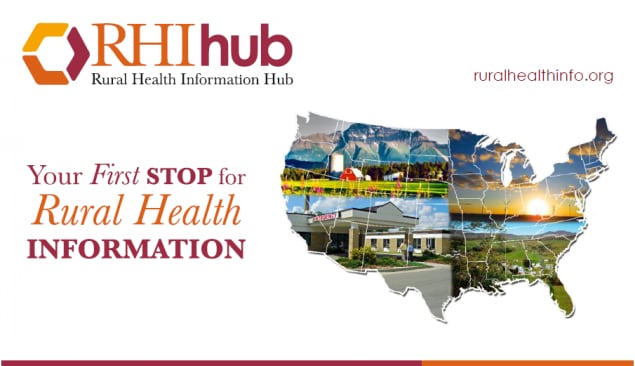Key points
- Parents of children with mental, behavioral, and developmental disorders in rural communities often report more hardships than their urban counterparts.
- Children with these disorders who live in rural areas could benefit from better access to mental and behavioral healthcare programs that support parents and caregivers.

Overview
Mental, behavioral, or development disorders, such as anxiety, attention-deficit/hyperactivity disorder (ADHD), and language problems, often begin in early childhood. These issues can affect life-long health and well-being.
Parents of children with mental, behavioral, and developmental disorders in rural communities more often reported having financial difficulties. They also rated their own mental health or their partner’s mental health as “fair” or “poor.” Additionally, they more often reported living in a neighborhood in poor condition and without parks, recreation centers, and libraries.

These challenges make it harder for families to give their children the environment and opportunities they need to learn, grow, and thrive. Children with mental, behavioral, and developmental disorders could benefit from better access to mental and behavioral healthcare, programs that support parents and caregivers, and opportunities to learn, play, and socialize.
Collaboration among healthcare systems, primary care clinicians, and family support programs may offset the challenges faced by children in rural areas.
Resources and tools

Watch the RHIhub webinar to learn more about issues with child health in rural areas.
